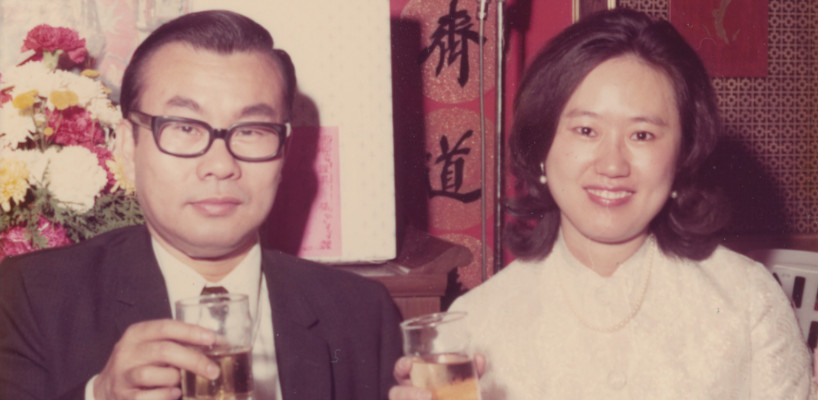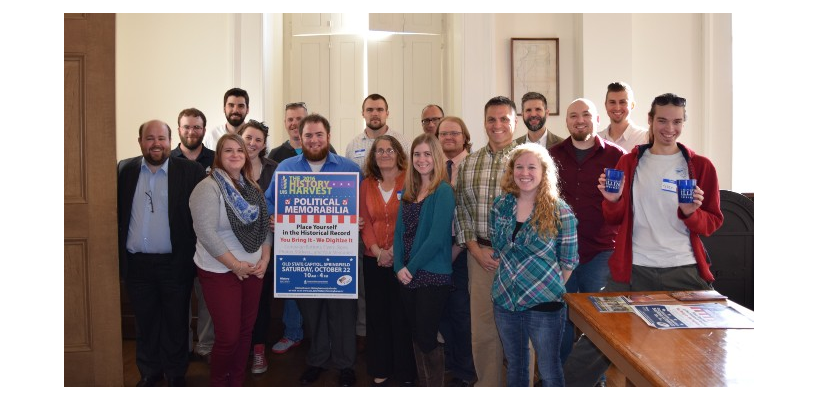Participatory archiving events shift the power dynamic of traditional archival activities by allowing communities, in concert with professional historians and archivists, to decide which stories to include in the historic record. By working together, libraries and communities can identify gaps to close in existing collections, define a framework for community stories they want to collect, and ultimately create a collection that reflects a unique aspect of the community's life and memory.
Roles & Responsibilities
For an overview of all RoPA Roles and Responsibilities, please review the Building a Team module.
Members of the community are essential for deciding which stories to collect at your event. These representatives should be fully engaged in the decision making process and help the library understand which stories are important to them for documentation.
The Community Coordinator is responsible for convening a Collecting Stories meeting where the team will choose a theme and name the event.
Depending on the size of your Project Team, you may want to designate 1 to 3 people from the Community Working Group to assist the Community Coordinator to run and/or participate in the Collecting Stories meeting.
A representative from the Collecting Organization should be involved in the process of determining which stories to collect. They intimately know what types of materials are already available in their holdings; they may have suggestions for areas to collect or hopes for the gaps in the collection they’d like to close. It is important for this role to understand that while they have expertise to share, in a participatory archiving event, they are not making the final decision on which stories to include or discard. Depending on the makeup of your Project Team and the cultural institutions in your community, you may have more than one Archivist, Librarian, or Local Historian on the team.
The Collection Coordinator is responsible for organizing activities related to processing, preserving, and sharing the event’s collection. It is helpful for the person in this role to be included in the Collecting Stories planning meetings so they can prepare the Collection Working Group.
Depending on the size of your Project Team, you may want to designate 1 to 3 people from the Collection Working Group to participate in the Collecting Stories meeting.
Steps to Success
Download a Quick Checklist of the Collecting Stories steps here.
Best Practice Examples
Do you know of a project or program that could be featured here? Please contact us.
Resources
This blog post from the Peel Art Gallery Museum + Archives is an excellent overview of how materials arrive at an archive and how archivists decide which materials to accession into a collection.
Glossary
An organization dedicated to preserving documentary heritage (e.g., letters, reports, accounts, minute books, draft and final manuscripts, and photographs) for future generations because these materials were deemed to have continuing value to creating agency and to understanding history. (Adapted from the Society of American Archivists.)
For RoPA, a designated area at your event where community organizations are invited to host displays and distribute information to participants about the event theme. The goals of community tables are to enhance the exchange of information at the event, to connect Contributors to organizations invested in their community’s history, and to share resources available for further research and education.
The culture, values, and traditions belonging to a community’s past, present, and future. Cultural heritage includes tangible evidence of human creativity and expression (e.g., photographs, documents, books, paintings) as well as intangible elements (e.g., rituals, skills, traditions, oral histories). (Adapted from Khan Academy’s What Is Cultural Heritage?.)
The study of history in terms of a specific locational context below the national level, often concentrating on events that affected a local community, in order to understand how the way people lived connects to the community’s present and future. (Adapted from the Ohio Local History Alliance and the Campbell Museum.)

